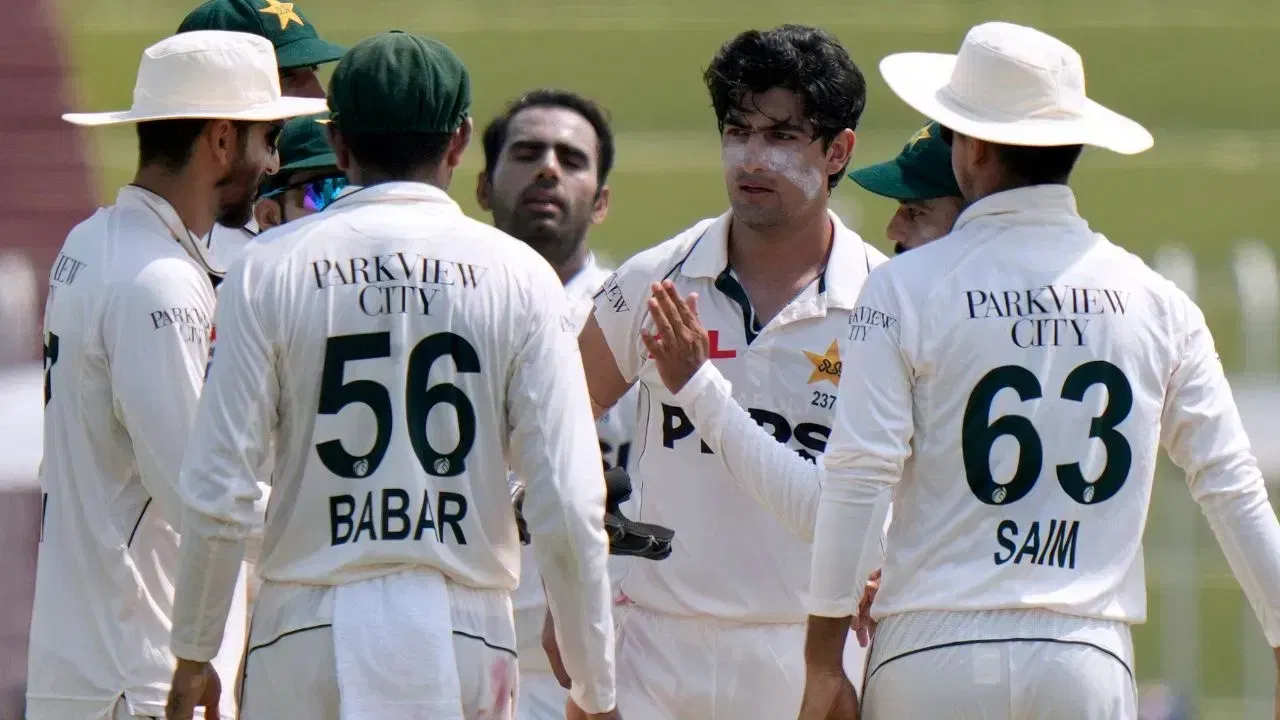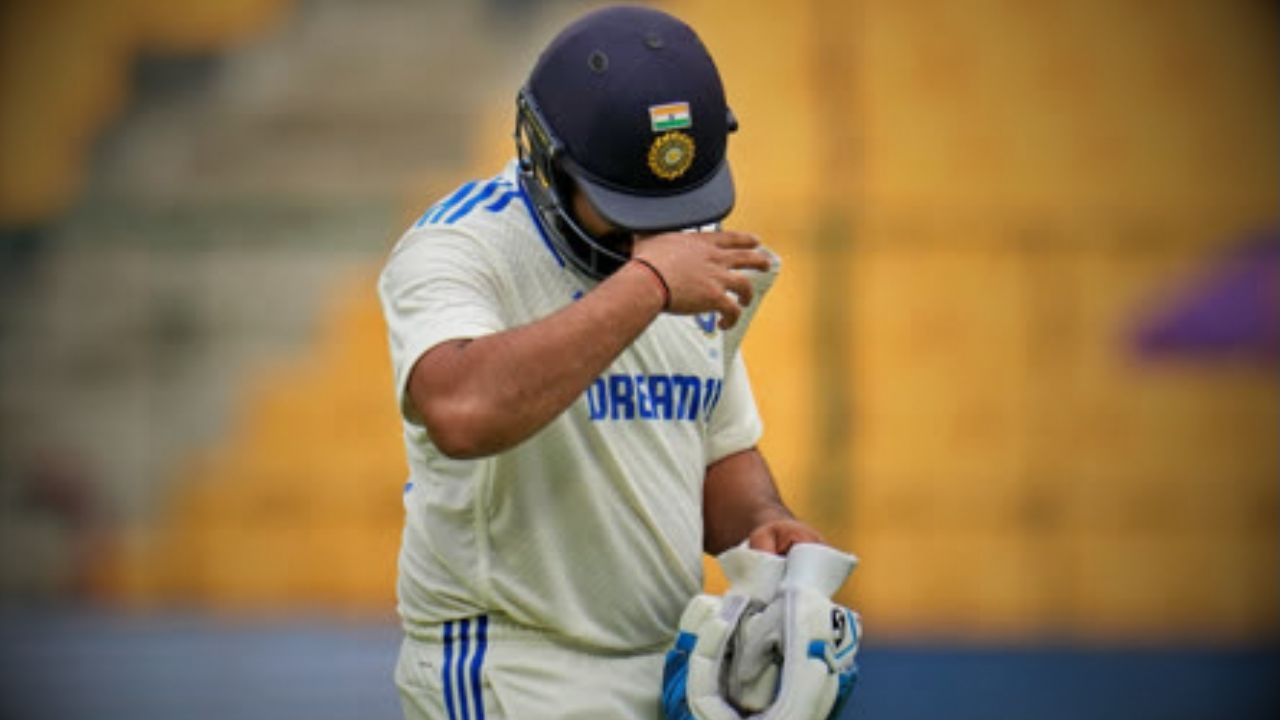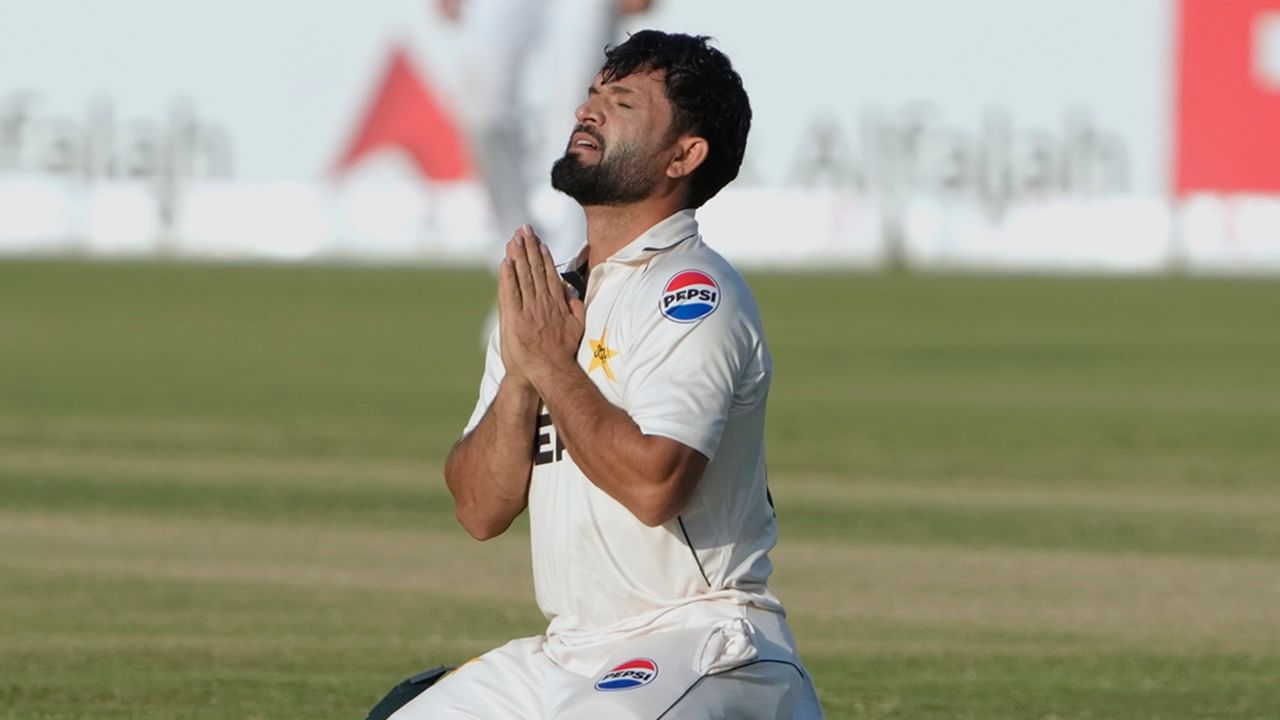The Pakistan cricket team has come under intense scrutiny over the past year due to a string of disappointing performances, leaving fans and the Pakistan Cricket Board (PCB) frustrated. Despite several attempts to revamp the team—including changes to captaincy, coaching staff, and player rosters—the results have remained unsatisfactory. The cricketers face additional challenges including internal discord and a lack of unity, but the PCB is now focusing on another critical area: player fitness.
Fitness as a Non-Negotiable Requirement
In a decisive move, the PCB has issued a stern warning to its players regarding their fitness levels. Reports indicate that the new coaching duo of Jason Gillespie and Gary Kirsten has made it clear there will be no exceptions to the fitness requirements. This directive comes after certain players were identified as not meeting the expected fitness standards. The PCB has communicated to six to seven players holding central contracts that they must improve their fitness levels or face the consequences—namely, exclusion from the team and potential termination of their contracts.
The central contract system generally runs until July-August each year and grants players substantial annual fees, which can reach into the millions of Pakistani Rupees for top performers. Failing to meet fitness benchmarks could result in severe financial and professional repercussions for these athletes. This issue extends beyond just national team players; those with domestic contracts are equally at risk. The PCB’s no-compromise stance on fitness underscores the seriousness with which it is addressing performance and accountability within the squad.
Upcoming Fitness Test: A Critical Evaluation
The PCB has scheduled a fitness test for the team on September 30, which will be conducted in Lahore under the supervision of the team’s trainer and physiotherapist. This assessment follows a previous fitness test where several players did not meet the required benchmarks. After receiving a two-month ultimatum to improve, players now face a pivotal moment that could dictate their futures in the sport. The results of this fitness test will be meticulously reviewed by PCB officials, and it’s highly likely that action will follow based on these evaluations.
Additionally, there are indications that the PCB might reduce the number of players included in the central contract roster. Last season saw 27 players receiving contracts, but this figure may drop as both coaches emphasize the significance of performance and professional conduct as prerequisites for selection and contracts. The overarching goal remains clear: to build a stronger, more cohesive team capable of delivering superior results on the international stage.
As the pressure mounts, the onus is now on the players to rise to the occasion, not only to secure their spots on the team but also to ensure their financial stability. The initiative bolsters a critical message that the future of Pakistan cricket hinges not just on talent but on physical readiness and teamwork.











